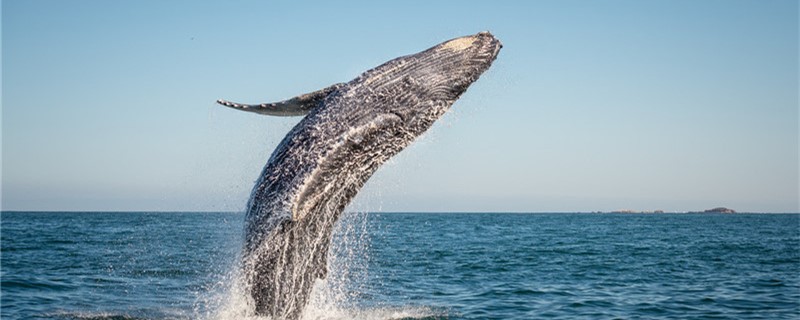
a whale is one of the very large creatures that live in the ocean. There are different species of whales, and the life span of these different species will be quite different, some species generally have a longer life span, while others have a relatively shorter life span. Belugas, for example, typically live between 30 and 40 years; Blue whales, on the other hand, have a longer life span of 80 years or more; For example, killer whales, their life span is relatively short, maybe only 20-35 years and so on.
This is only in general, specifically the whale's life span will be affected by a variety of factors. For example, gender is an important factor. For the same species, the life span of female whales is relatively long, while that of male whales is relatively short. Moreover, their living environment has a great impact on their life span. If their living environment is polluted or destroyed, it will seriously affect their life span, which is also one of the reasons why the whale population is gradually declining.
Generally speaking, the size of whales is relatively large, but it should be noted that there are many types of whales, and these different species of whales are also very different, for example, their size is quite different. For example, the blue whale is a very large species of whales, their body length is generally about 24 meters, the mass can reach 100 tons, and some individuals will even be larger. Therefore, for blue whales, when their body length reaches the limit of 24 meters, and they are basically not growing, they are adult. In terms of age, they need at least ten or even twenty years to become adults.